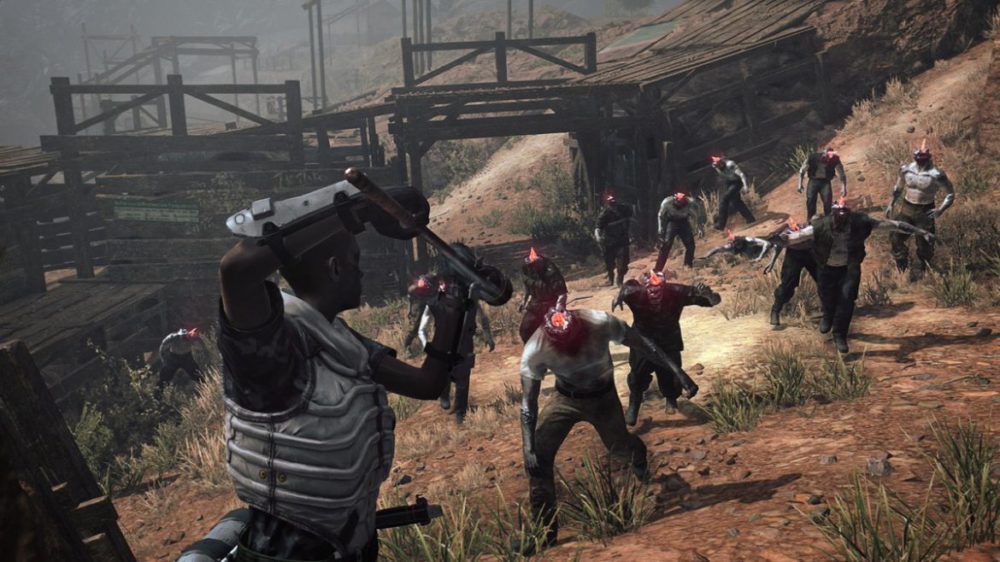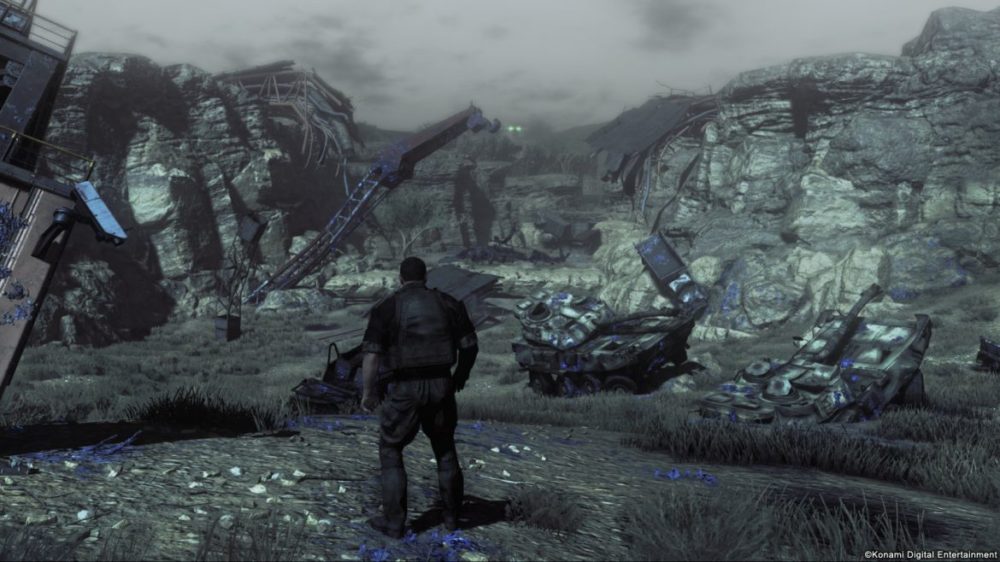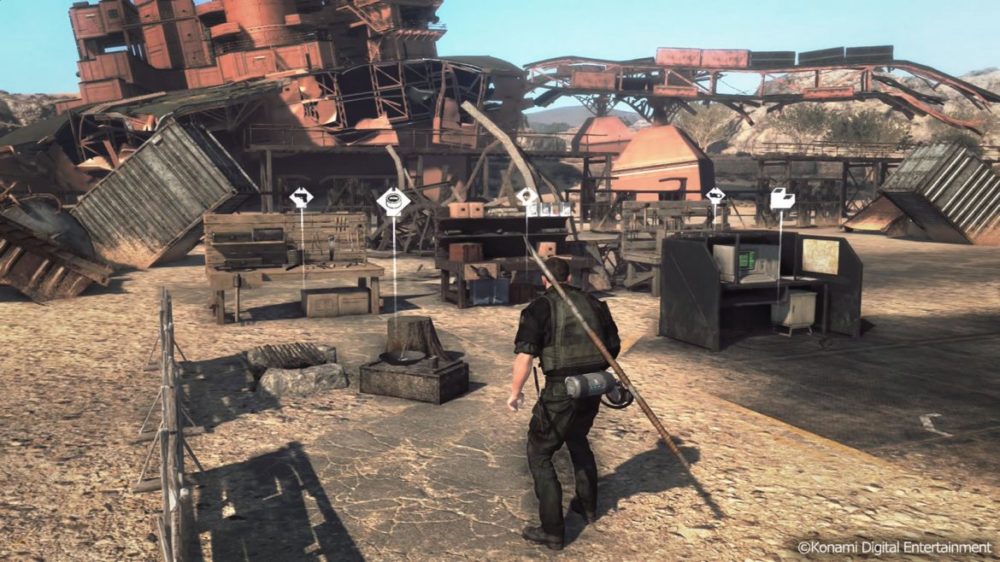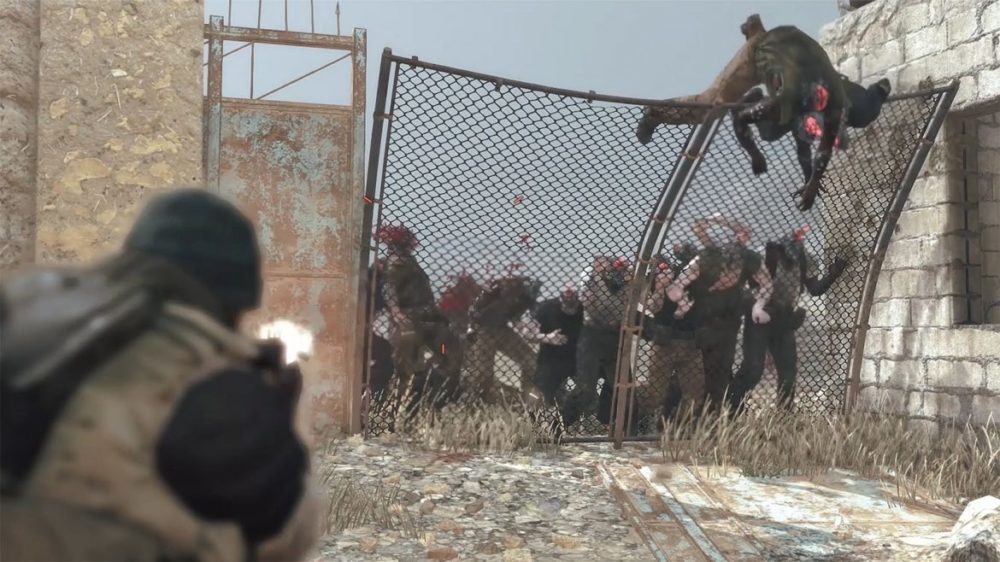TL;DR
Konami's Metal Gear Survive takes the Fox Engine from MGS V but ditches stealth for zombie survival. It boasts lengthy, stylish cutscenes and a core loop of resource gathering and crafting, but is bogged down by excessive micromanagement of hunger, thirst, and stamina, making it feel more like a demanding Tamagotchi than an action game. Despite some decent individual elements, the balance is off, and the inclusion of loot boxes and paywalls further dampens the experience. Can Konami salvage this spin-off? Dive in to find out.
Just prior to the release of the highly anticipated Metal Gear Solid V: The Phantom Pain, Konami’s widely publicized split with Hideo Kojima became official. Kojima departed from the company and the game series he originated in the early 80s on platforms such as NES and MSX. He has since evolved into a game auteur, associating with Hollywood figures and releasing cinematic trailers featuring celebrities like Mads Mikkelsen. Konami, however, faces challenges. Aside from the annual iteration of Pro Evolution Soccer, a title often considered superior but less commercially successful, they appear to be losing ground with their iconic franchises. Castlevania is struggling following Mercury Steam’s moderately received Lords of Shadow 2, and the future of Metal Gear remained uncertain for quite some time. The question arises: how can the narrative be further developed?
The answer arrives in the form of Metal Gear Survive, a game that shares core mechanics with MGS V. However, the focus shifts from stealth to survival against zombie-like creatures. The Fox Engine delivers its characteristic visual fidelity, and new director Yota Tsutsumizaki maintains Kojima’s penchant for elaborate cutscenes. These are abundant, stylish, and lengthy. This characteristic also applies to loading times, which are lengthy but lack the stylish or cinematic qualities. Approximately fifteen minutes of gameplay were experienced within the first hour of playing Metal Gear Survive. While the game demonstrates ambition, its cinematic approach occasionally feels cumbersome. The core gameplay leans towards action, emphasizing survival not only against zombie-like enemies reminiscent of The Last of Us, but also against the elements, necessitating constant attention to food and water intake.
The core concept initially presents itself as compelling. Resource gathering becomes a primary activity, alongside hunting wildlife for sustenance (initially), followed by cooking over a fire (consuming raw meat carries potential risks). Managing water purification also requires significant effort. The player character possesses limited stamina, which depletes rapidly during running or crawling; however, stamina depletion is strangely absent during combat. At first, the decision-making process and the use of portable grids and traps for combating enemies can feel engaging. However, the experience soon devolves into micro-management, with constant attention required to feed and hydrate the character. The character’s persistent hunger and thirst quickly become a burden, leading to excessive time spent navigating menus to manage scarce resources. Furthermore, the character’s perceived physical condition results in rapid energy depletion, more akin to a patient undergoing rehabilitation than a highly trained soldier.
Metal Gear Survive comprises fundamentally sound individual elements; however, the overall balance feels inadequate. Excessive micro-management ultimately detracts from the experience, overshadowing the potential excitement and action. In its better moments, the game evokes elements of Resident Evil, but these are diminished by the pervasive menus and the constant need for player intervention. While realism may not be a primary concern in a game featuring wormholes, the character’s stamina and nutritional requirements defy reasonable expectations.
The inclusion of loot boxes and microtransactions, a controversial aspect within the gaming community, is prevalent in Metal Gear Survive. The ability to alter the initially created character is locked behind a paywall, an arguably absurd decision. Attempts to monetize players through such methods are rarely successful. Instead, players are drawn to spend money on truly engaging games that offer meaningful and enjoyable experiences. Konami has indicated a shift towards its arcade roots and the integration of its intellectual properties into online casinos. It is hoped that the company will consider selling its game licenses to studios capable of delivering high-quality console and PC experiences. Franchises like Castlevania deserve better than being relegated to slot machines in casinos.
The question of whether Metal Gear Survive can succeed without Kojima can be answered affirmatively, provided that the strengths of the underlying concept are fully realized. However, the attempt to diverge from the established legacy has resulted in detrimental choices, primarily involving tedious limitations. The game, at times, feels akin to managing a Tamagotchi, negatively impacting the pace and overall player engagement. A comprehensive patch could potentially rebalance the game; however, Konami’s willingness and capacity to implement such changes remain uncertain. In its current state, the game exhibits technical proficiency and potential, but ultimately presents an overly demanding and restrictive survival simulation.




